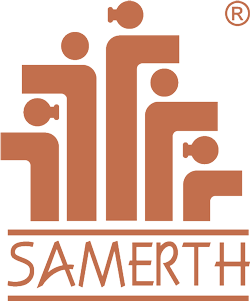Education
Education is the most powerful weapon which you can use to changethe world - Nelson Mandela
Samerth believes in increasing accountability of the Public Education System (schools and Anganwadi) so that the local government takes positive steps to address the inequality by ensuring universal quality public education system for children ages 3-14 years. Samerth’s Education Program focuses mainly on: Improvement in the quality of learning outcomes; Increasing awareness amongst parents towards importance of educating their children; ensuring the continuation of education and retention of children from distress migration affected families along with strengthening the implementation of ‘Right to Education Act’.
Samerth started its ‘Education Intervention’ in Rapar, Kutch after the devastating earthquake of 2001. The team supported the local government to operate two hostels for migrant children under the Sarva Shiksha Abhiyan Programme. Following that, Samerth now independently runs a hostel for migrant children in the Rapar, Kutch office campus. These are children whose families undergo ‘distress seasonal migration’ due to unavailability of livelihood options in the area. Currently, 32 children are provided lodging, boarding and tuition support through the program to ensure they stay in school and we try and see that the rate of dropout from school amongst the marginalised groups is reduced.
In 2020, during the Covid -19 pandemic, Samerth team found that there was complete breakdown of any educational process in the remote hamlets of Kutch. These hamlets were in geographical areas where most had erratic electricity supply and almost no families had access to a smart phone. There was a fear that the children, especially girls who were now completely involved in housework would go ahead and become school dropouts and never again go back to schools.
Samerth team-initiated centres in these hamlets with play and creative activities to involve, excite and mentally and physically stimulate children and help them come back into the folds of education. Parents were counselled to support and encourage their children to continue their educational journey. Local youth were motivated and capacitated as Baldoots – with intensive training on creative pedagogies. Currently there are 31 such centres, operational in the interiors of Rapar & Khadir aluka in Kutch reaching to more than 750 children daily.
In 2002, Samerth started 3 ECCD (Early Child Care Development) centres and by 2009 had set up 16 centres reaching up to 450 children on a regular basis in the eight localities of Ahmedabad. By 2020, the Ahmedabad team is reaching out to more than 2,500 children in 13 government schools. Through this program, Samerth is working to bring about systemic change in the pedagogy (change in method of teaching and learning) being implemented in schools to make it child-centric. The team also runs ‘support centres’ for out of school children and first-generation learners/ students, providing academic support to them. The programme team is from the local communities and they have undergone rigorous training from expert agencies in the field of education and pedagogy.
During the pandemic, 4 of these centres also started a tablet library – with 20 tablets in each. The idea was to start a tablet library, where the same tablet is used by multiple students for educational purpose. It is issued to each child for a particular time every day, after which the child submits the tablet and it is issued to next child. For children attending same class together, one tablet is used between multiple children. As of now in 2021 we are able to reach out to a total of 351 students daily through 80 tablets.
The Chhattisgarh education program has grown exponentially since we started in 2007. Right now, the team works in 120 villages with 84 schools covering 3,000 residential and non-residential children on improving their overall education. The Chhattisgarh team also works with 27 schools to increase awareness and discourse on rising inequalities on public education. The team is working to ensure an increase in budget allocation for public education within the state. Samerth works with School Management Committee members and the youth of the communities to implement this initiative. 2741 Seekh Kendra (learning centres) in 9 districts, with 7848 Seekh Mitra mobilized along with Education department. At present, the education Programme in Chhattisgarh is reaching out to 140 government schools for enhancing quality education, reaching out to 13,000 students across 8 districts.
Our Impact
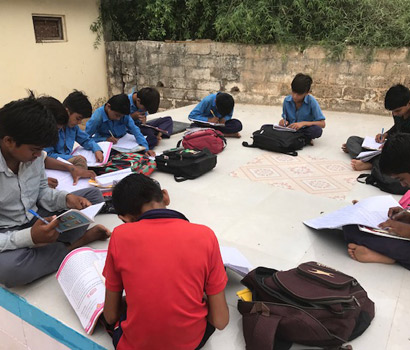
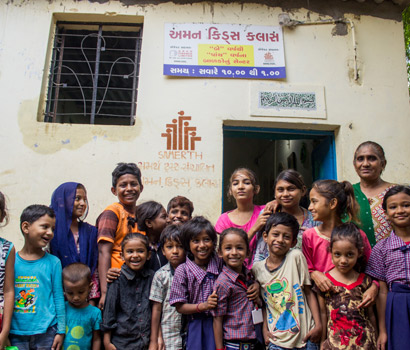
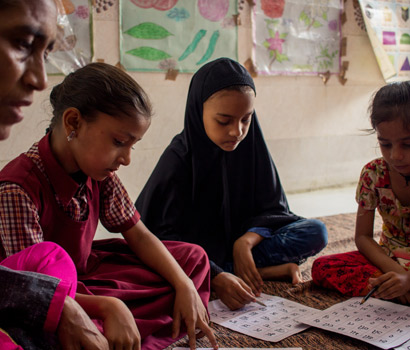
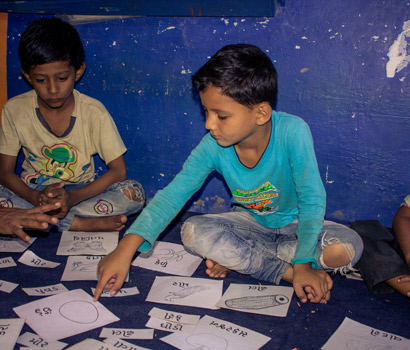
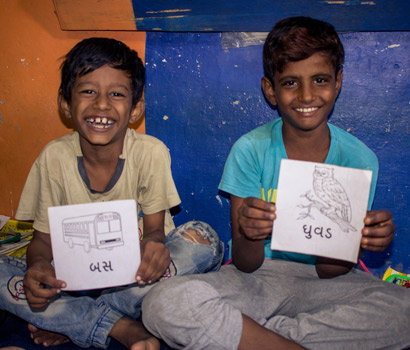
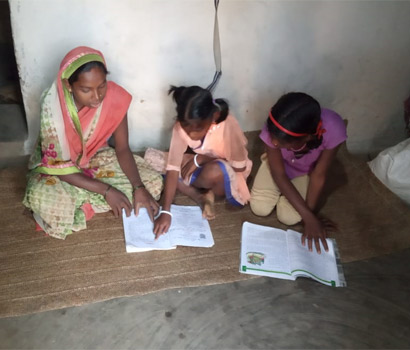
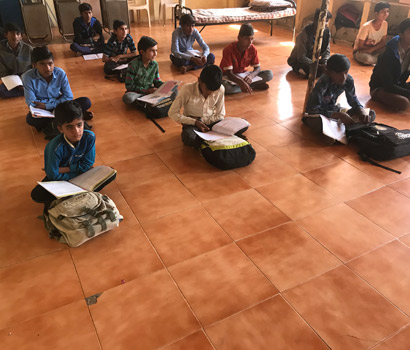
Our Impact Stories
With our education programmes we have impacted not only lives of children but also their parents
